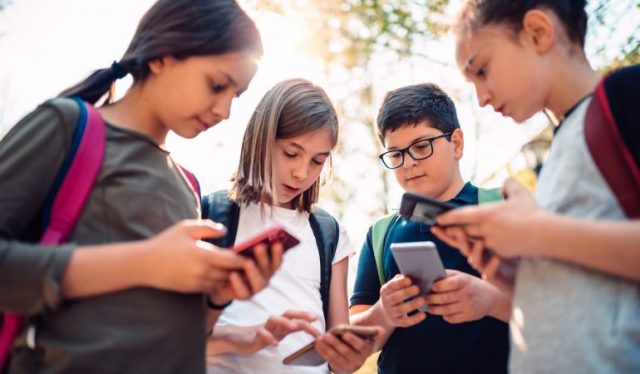With the increased threat of COVID-19 at present and online classes becoming an alternate to old style of learning via physical presence in school, I always wondered how kids are coping with this new culture. As this is my last year of schooling, I am little nervous by the sheer thought of joining college life by sitting at home taking online classes. I wish it just a dream but no! they say it is new normal. Though there are plenty of debates ongoing about the side effects of social media and increased screen time on kids, most of the parents are praying hard for the vaccine to come out so that the world peace and normalcy return back.

When most scientists are busy in experimenting for the vaccine, there are few who are studying exactly how social media has turned into an unhealthy obsession and how all of today’s technology is impacting kid’s bodies and their brains. On the other hand, parents and educators need to act together to help kids around the world stay safe and healthy from COVID-19 as well as the negative effects of social media and increased screen time.
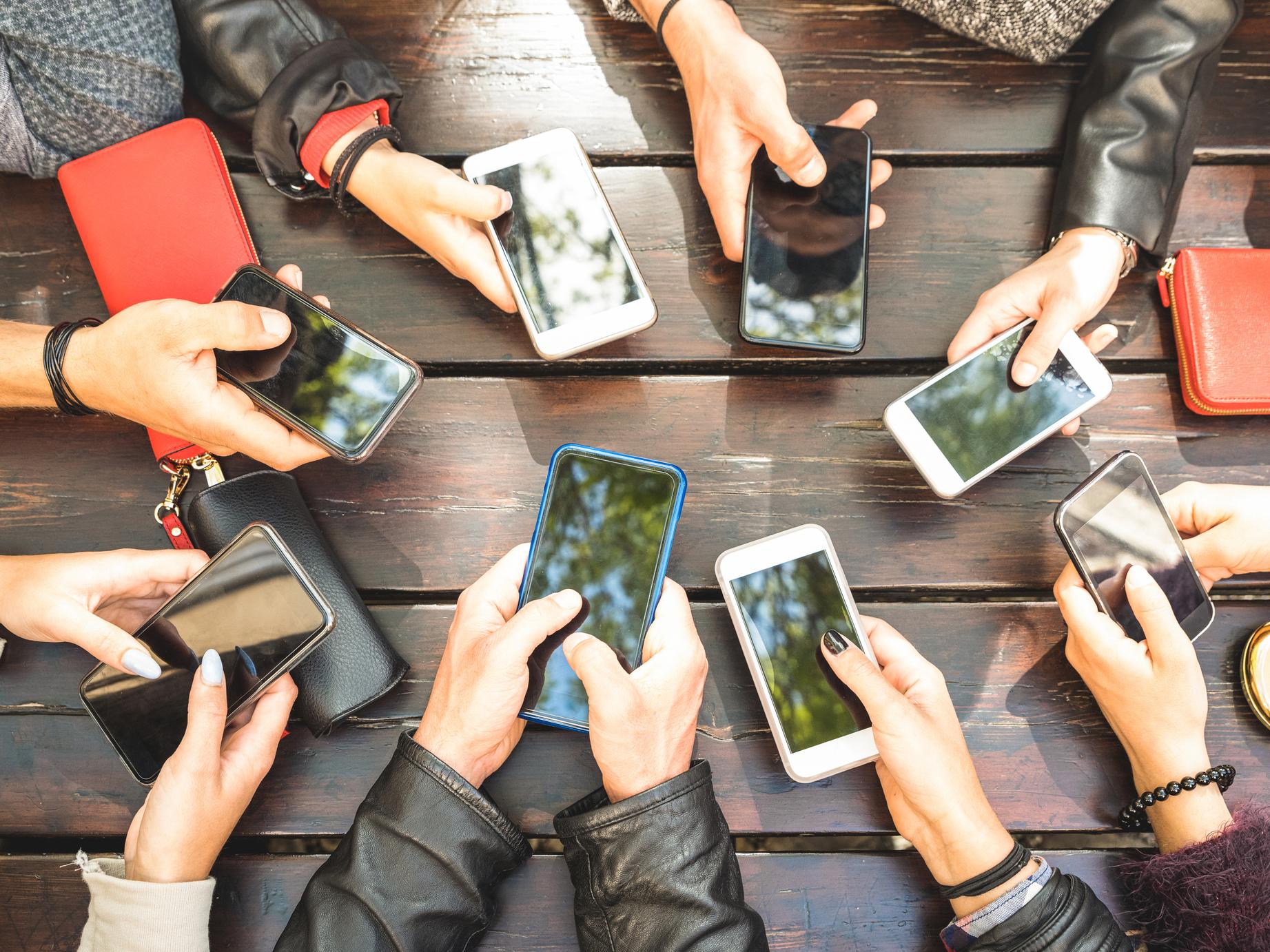
Our generation is entering adulthood crossing the timeline sitting on online platforms. Recently a research reveals that too much time spent scrolling through social media by teens is leading to increased feelings of depression, anxiety, poor body image, and loneliness. The research also suggests that the negative effects of social media feel bigger than the positive effects.
Not many of the parents are paying attention to how excessive use of technology and screen time is impacting their kids—most are handing them mobile with YouTube videos on from an early age as low as 2 years without realizing how it would affect their eyes and mind. Experts also pointed out that the social media has become an integral to any teenage life at the same time it is promoting anxiety and responsible for lowering their self-esteem. Teens can use social media to find community (mostly their classmates and close relatives) but at the same time their mental health is negatively affected by cyberbullying, trolls, toxic comparisons, sleep deprivation, and less frequent face-to-face interactions.

There is Positive side of social media too which includes:
- Connecting– When teens use social media for connecting, they grow their network of real people from an early age and learn to be more interactive with people.
- Communication– When they communicate (by direct messaging or emailing others) to invite them to events or ask them questions, they interact in a positive way and so use their devices with a purpose.
- Emotional support: Conversations on social media can emerge and provide teens with required interaction to overcome difficult emotional issues if they do not have access to that support face-to-face.
- Community building: The community building aspect of social media has become positive for many teens when they join ‘groups’ or ‘pages’, they surround themselves with like-minded individuals with whom they can share their thoughts and concerns.
- Self-expression and self-identity: These are some of the important aspects of mental development throughout for initial teen years. In these years, social media can act as an effective platform that can develop positive self-expression and let teens put forward their best foot forward.
- Building relationships: Studies suggested that strong teen friendships can be nurtured by social media interactions, that allows teens creating stronger bonds with others.
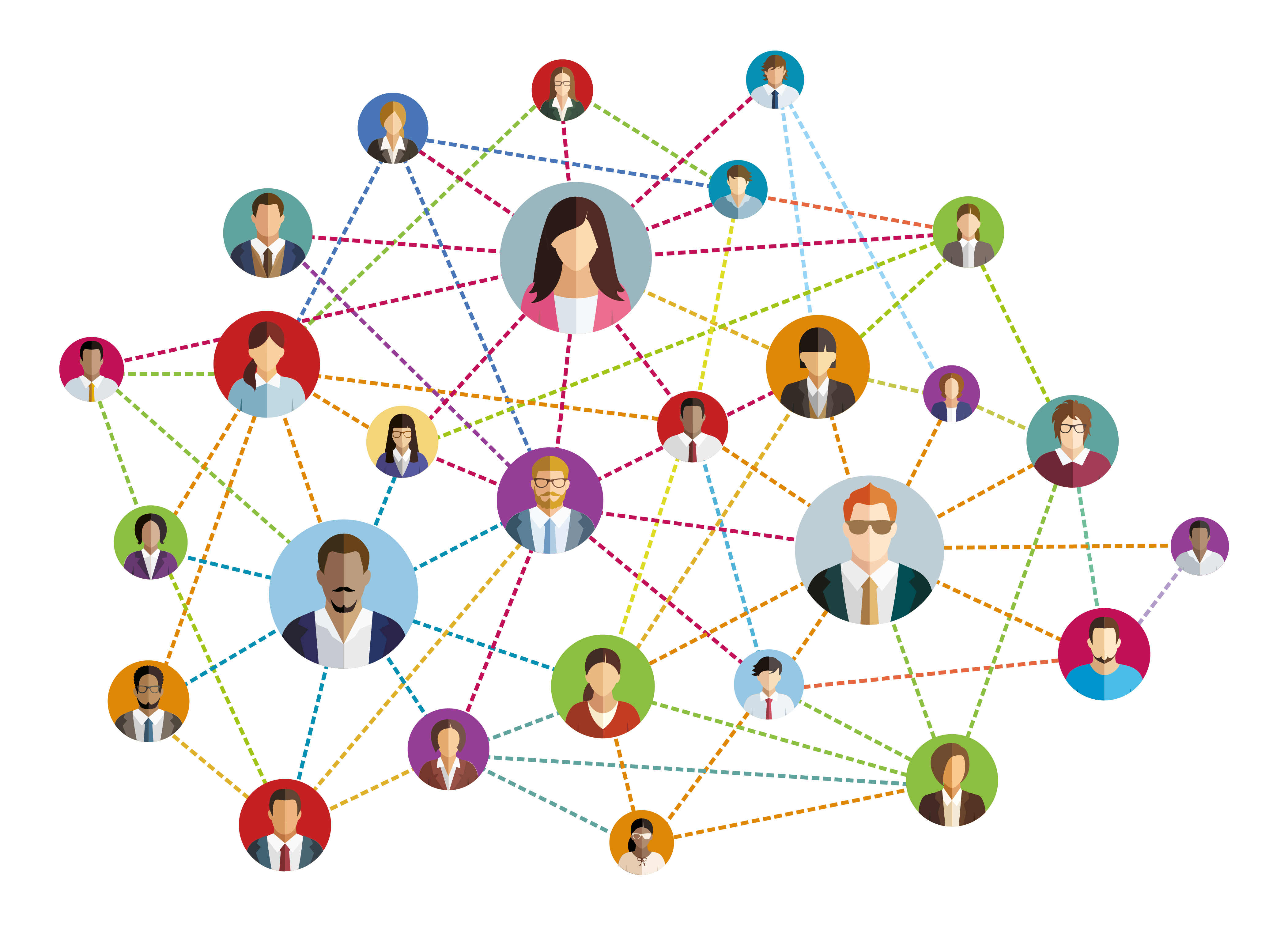
Negative effects of social media
Anxiety & depression: Due to excessive usage of social media, teen may suffer from screen addiction and this would lead them to wasting their crucial study time in watching contents not worth spending time for. A recent research suggested that Teens who spend more than 2 hours per day on social media are more likely to experience poor mental health and psychological distress. Screen addicts generally are not able to control the amount of time they spend on the computer/mobile. They might start with an intention of spending just 20 minutes but may extend it for hours. This can greatly impact their studies and other hobbies.

Impact on Sleep: Numerous studies have shown that increased social media use has a significant association with poor sleep quality in teens who needs minimum 8 hours of rest to rejuvenate themselves for higher studies. Using phones, laptops, and tablets at night before bed is linked with poor quality sleep. If teens prefer staying awake late night playing online games or chatting with friends, don’t you think it will affect their sleep their performance in studies.

Cyberbullying: It has been proven that bullying during childhood is a major risk factor and can create issues such as mental health, education, and social relationships. Its long-lasting effects often are carried right through to adulthood of individuals who are affected.

Fear of Missing Out (FOMO): FOMO has always been linked to increased levels of social media engagement which simply mean that the more a Teen uses social media and sees other individuals enjoying parties (which may be fake at times), the more likely they are to experience the fear of missing out.

Spendthrift: I have noticed that the pocket money today’s Teens get from their parents or earn through part-time jobs (mainly in western world) all goes sometime into buying smartphone or gaming items. They are continuously engaged in upgrading their gadgets, buying expensive software and hardware packages and accessories and don’t mind paying money for that.

Consuming – I have always noticed whenever people get spare moment either standing in line at the bank, or are in the driving seat in the car waiting for the signal to turn green, they immediately pull out their phone to check WhatsApp, Facebook, LinkedIn or Instagram feed. This is nothing but filling the spaces by consuming other people’s social media and most of the time useless feed. This consumption is robbing today’s Teens of great ideas, interactions and in this process making them less focused.

Let me share some of the negative effects of social media published in the news:
“Social media addiction is a mental health problem… Excessive usage [is] linked to relationship problems, worse academic achievement and less participation in offline communities.” –BBC
“Too much passive use of social media – just browsing posts – can be unhealthy and has been linked to feelings of envy, inadequacy and less satisfaction with life. Studies have even suggested that it can lead to ADHD symptoms, depression, anxiety and sleep deprivation. ” –UNICEF
“The American Academy of Pediatrics has warned about the potential for negative effects of social media in young kids and teens, including cyber-bullying.” –Forbes
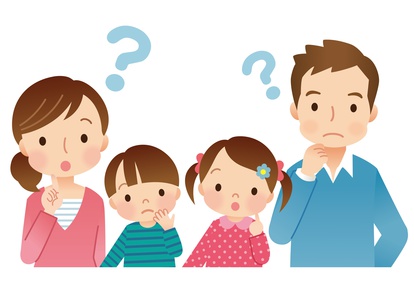
I have seen many parents discussing these 2 pertinent questions –
1. At what age we handover a mobile to our kids?
2. From what age should their child be on social media?
Based on my personal experience, I suggest till the age of 10, kids should not be given smart phones, until age of 13, they may be given phones for just phone calls, if required in case of absolute necessity. From the age of 14, they can be given Smartphone without social media apps installed and start social media apps only from age 15 onwards. Age 13 is a tender age. Kids should stay away from social media till that age and instead involve themselves with studies and extracurricular activities like sports, volunteering etc. From 14 onwards, they may start creating their personal profile and may share positive volunteer photos online.
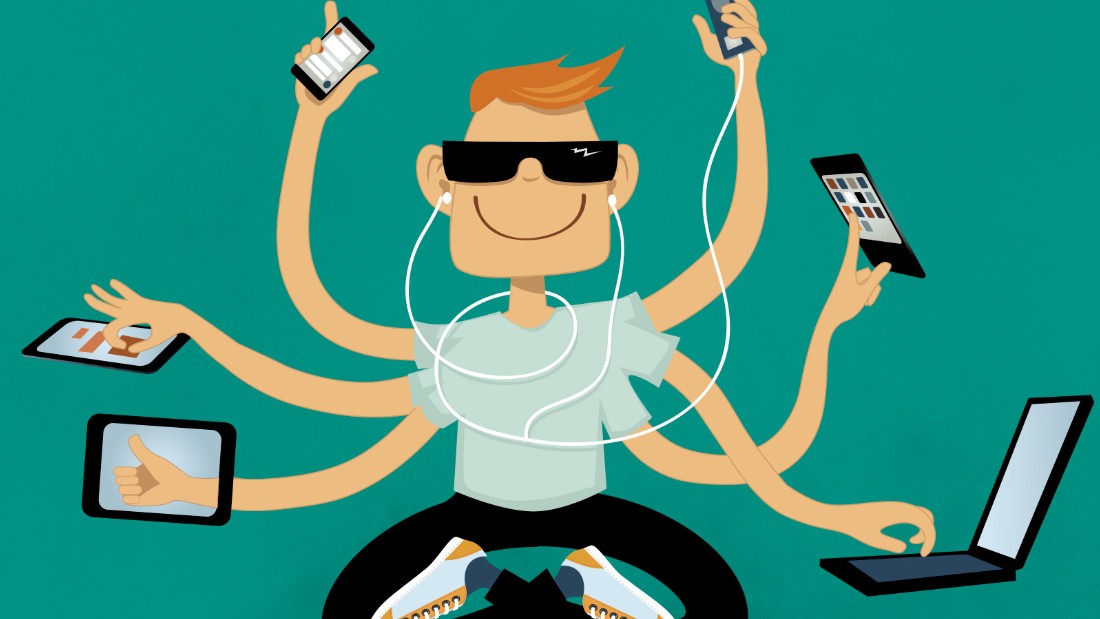
Tips for Managing Teen’s Media Consumption Time
As a parent, you can do a lot to mitigate the negative effects of social media on kids’ behavior and achievements and safeguard them:
- Keep a watch on their smartphone usage to know the content and rating of the websites or games your teen is surfing. Try not to allow them using their smartphones alone in their bedroom. Constantly monitor their media consumption from television, internet, and video games and ask them to surf or play games in your presence so you know they are going to safe sites.
- Wait until your child shows they can handle the responsibility of using smartphones or social media before letting them set up their first profile online.
- From the beginning, set limits on how long and how often they can have access to net. Do not snatch their gaming console or computer to bring them out of the problem. This may make them adamant and continue playing when you are not home which could be even more troublesome. Gradually reduce the playtime from three hours a day to two, one and so on and encourage them to stick to the schedule given to them.
- Discuss with your child about their feelings and observations about the sites he/she visits or games they play. What is the reason or compulsion that drives so much interest in them? Teach them do’s and don’ts of using social media.
- Ensure they are adequately trained with the relevant skills to be able to navigate social media sensibly.
- Parents may like to discuss with other parents to know more about certain sites/video games and share ideas to help each other understand the needs of kids.
- Though difficult but try to be a good role model for your child and limit your own screen time. This way you would set an example by keeping your laptop and smartphones away.
- Start a dialog with your kids at a young age and help them recognize their compulsive behavior. They may deny anything wrong with them but be patient. Tell them how you are worried to see them spend such long hours without being judgmental.
- Why not have family time and take up activities that do not involve screens. Tough due to COVID fear, outside activities are restricted, take the initiative to go out with your family during weekend for a long drive to take a break from digital media. Even one screen-free day in a week can make them realize that there is much more outside digital world.
- If your efforts at home are not working, book a time to meet a therapist. Counseling should lead to realizing the ill effects of extending screen time on social media.
- Too much gaming can detach teens from outside real life. If parents have introduced teen to gaming or smartphones, it is their responsibility to know the kind of games they are playing or sites they are visiting and their duration.
- Try not to go against your child or restrict them from doing what they love. Instead of that, you may try to introduce other activities into their lives constructively. Remind them that they can always come to you or any other adult they would trust if they ever need help.
Conclusion
I can assure you that the obsession with social media is not going away any time soon. It is the responsibility of parents and to some extent teachers, to teach kids about negative effects of social media and smartphones before they become addicted. Parents need to take concrete action today to save tomorrow of these innocent kids, before it is too late.
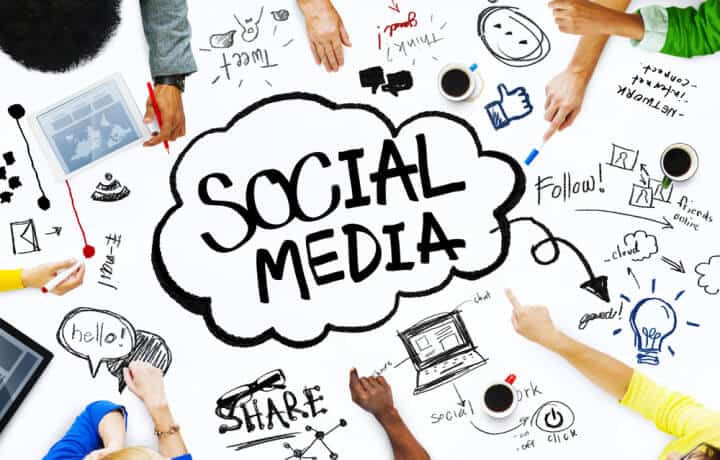

Anushka Jain
The Above Article is written by Anushka Jain
Anushka Jain is a science student of 12th class in DPS-MIS School. She is President of Student Council of her school and has been an all rounder for her achievements in academics and extracurricular activities. She has been very active in a lot of voluntary activities and has a passion for writing, reading and public speaking. She is aspiring to become a doctor so she can serve underprivileged.


